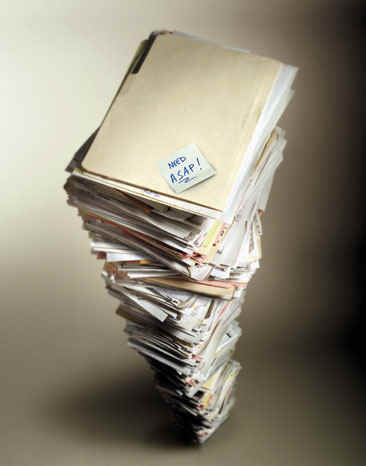
Need data to answer a research question? Interested in analyzing raw datasets with micro-level records about individual respondents?
This hands-on workshop will familiarize you with the resources of the Inter-university Consortium for Political and Social Research (ICPSR) and the Harvard-MIT Data Center, which provide access to datasets in the social sciences and related fields. Topics will include the structure of data files, finding and downloading datasets, and understanding data documentation.
NOTE: Advance sign-up is required. Registration due by January 13. This session is limited to 20 participants.
WHEN: Wednesday, January 14, 2 – 3:30pm
WHERE: DIRC, 14N-132
Contact Kate McNeill with any questions and/or to register.






